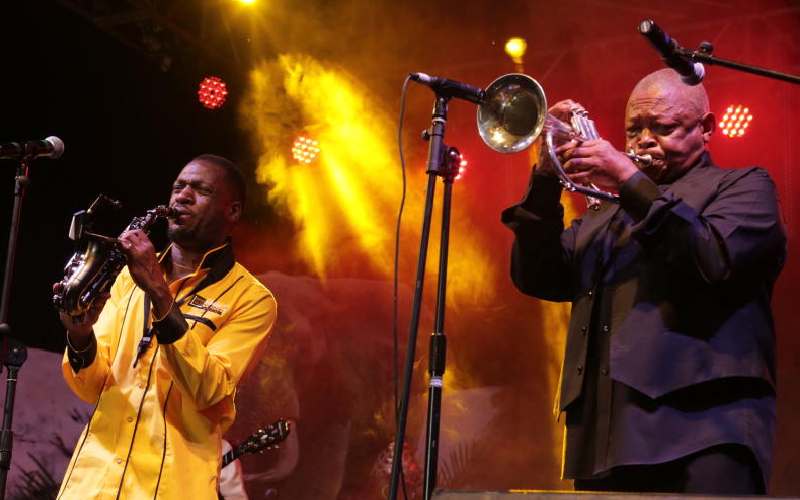×
The Standard e-Paper
Stay Informed, Even Offline

Ugandan jazz maestro Isaiah Katumwa.
The hardest question for Isaiah Katumwa to answer has to be what his most memorable moment has been. His life has been a litany of memorable moments. African saxophonist extraordinaire.